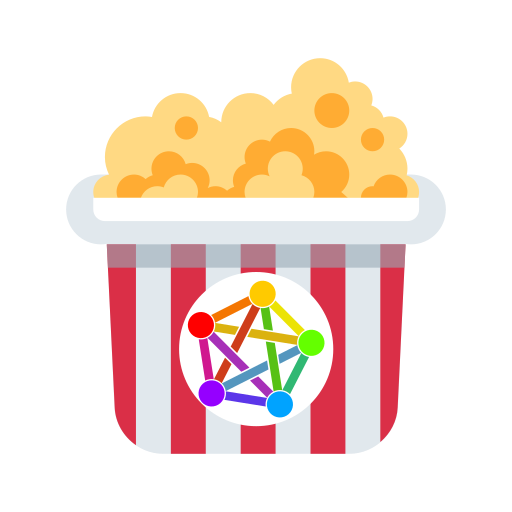

Within the silly metaphor I made with languages, the “colonizer” approach would be to make the people use a non-native language for potentially complex cultural concepts best described with their words.
If not knowing how to communicate with people makes someone feel left out or something, they shouldn’t blame the people speaking their native language for that divide, they should put in the effort to find common communication tools and willingly accept knowledge from the native speakers without pushing back on how to use language that is unknown to them.
To tie this back to pronouns and queer theory and what have you. When people say “I don’t understand neopronouns” then they are just saying they don’t know a language. That language is a subset of a language they might consider themselves a speaker of, but it is a portion of that language they do not yet know. It is also language they can choose to adopt so as to communicate with the people that use it, or choose to not learn, and reasonably expect to not be communicated with.
If someone decides they are willing to start learning that language they need to be prepared to self teach. It’s not every queer person’s responsibility to educate people. Some folks have the emotional capacity to help teach, but there’s also tons of resources on queer theory and inclusive language that can be easily found with a google search without ever having to expose a queer person to inaccurate or harmful language.

I don’t think I’d correct you at all! I think that act of at least questioning, or maybe double checking is a better phrase, that your sense of self actually matched the person you are in your head is absolutely not exclusive to queer people. I think neurodivergent people also deal with this, particularly those diagnosed later in life. There’s a huge set of language you learn once you realize you are neurodivergent that is there to help you give yourself more tools and grace to grow into the person you truly are. This is true for much more than just queerness and neurodivergence, but those are some good examples of people that often go through some in depth soul searching to become confident in who they are or want to be and have to develop very specific language to discuss those things.